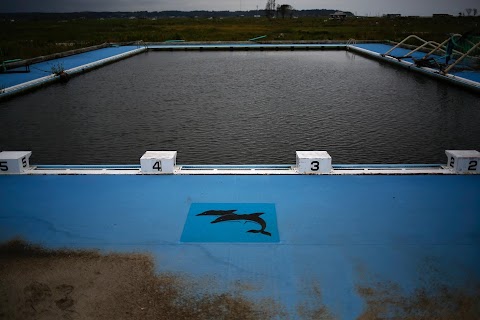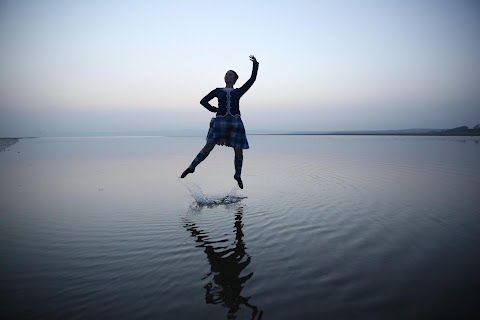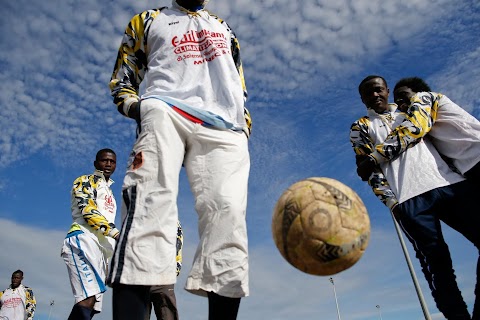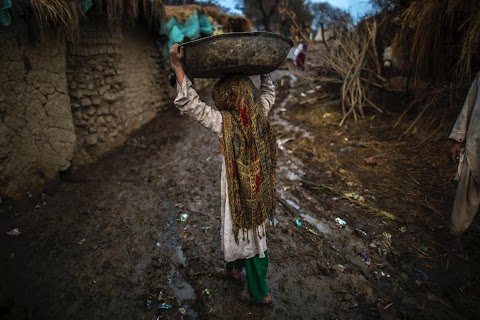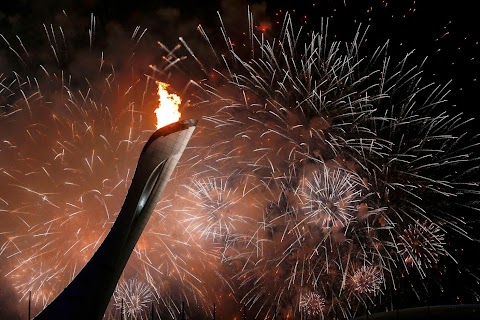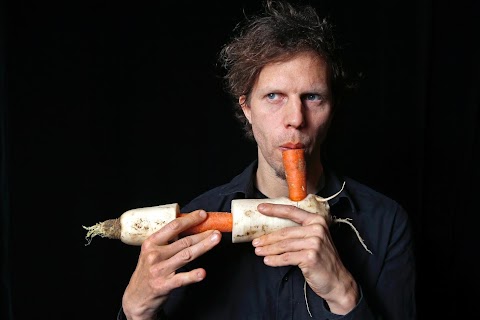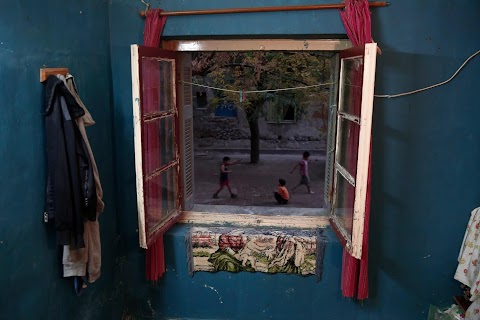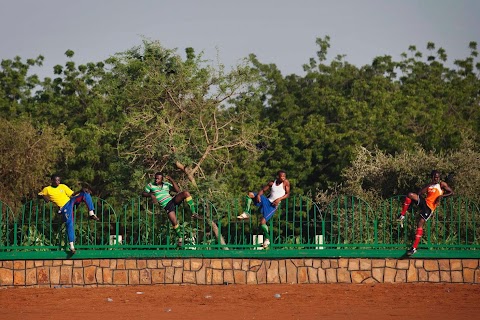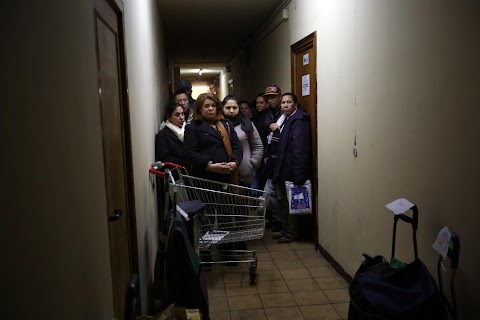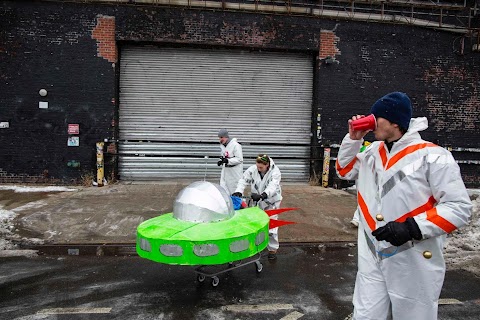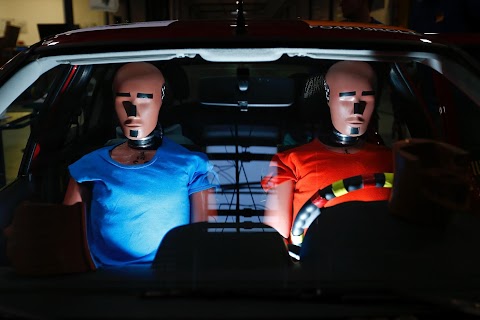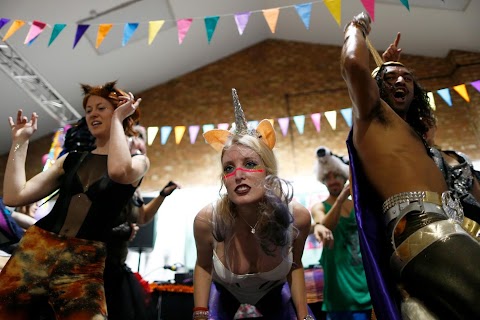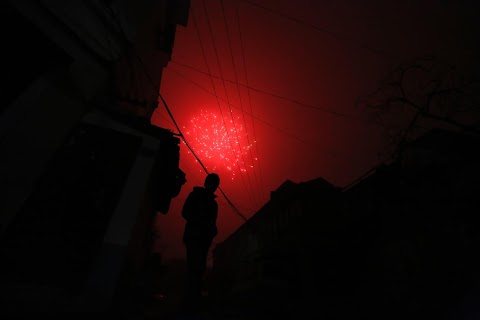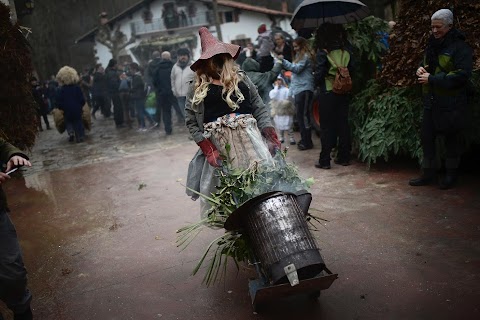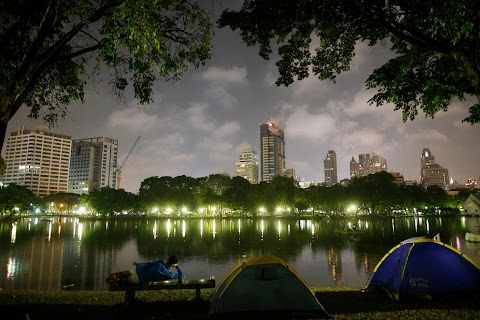
Nights with the Bangkok protesters
 Athit Perawongmetha
Athit Perawongmetha
Thai anti-government protesters have camped out for months on Bangkok’s streets, paralysing much of normal state business as they seek to topple Prime Minister Yingluck Shinawatra.
The demonstrators accuse Yingluck of being a puppet of her brother, the divisive former premier Thaksin Shinawatra who clashed with the establishment and was ousted in a 2006 coup.

The protesters, backed by the royalist establishment, see Yingluck as a stand-in for Thaksin, who they say hijacked a fragile democracy with populist policies to woo poor voters in rural areas.
Yingluck dissolved parliament in December and called a snap election in an attempt to end the street protests. But the vote was disrupted and demonstrators remain determined to bring down her caretaker government.
Compounding its problems, the administration now also faces separate protests from rice farmers. Despite being natural supporters of Yingluck and her brother, they are angry over the state's failure to pay for rice bought under a subsidy scheme which the caretaker government is struggling to fund.

Many of the protesters hail from southern Thailand, unlike their red-shirted political opponents who poured into Bangkok in 2010 from the north and northeast, a stronghold of Yingluck and Thaksin.
The 2010 demonstrators flocked to the same shopping and business districts of central Bangkok that protesters from the other side of the political divide occupy now.
Slideshow

An anti-government protester exercises after waking up in Lumphini Park in downtown Bangkok.

A protester washes himself in the demonstrator-occupied park.

Protesters enjoy massages in an encampment in central Bangkok.

A protester does her make-up after waking up.

Anti-government protesters camp at an intersection in central Bangkok.

Demonstrators eat their dinner in front of a McDonald’s restaurant.

A protester prays in front of Buddhist monks on Rama VIII bridge.

A demonstrator sits on a barricade set-up on Rama IV road in downtown Bangkok.

A motorcycle taxi drives through a barricade manned by anti-government protesters.

An protesters’ guard uses binoculars to scan the area around the protest camp.

Protesters wave flags as they listen to a speech.
"Some of these protesters had never experienced the bright lights of the big capital at such close range before."
Thai anti-government protests have been going on for some three months and during weeks of political unrest my attention has been focused on the action of the daily news.
The protesters’ takeover of major intersections in the city harks back to a tumultuous April and May of 2010, when supporters of ousted premier Thaksin Shinawatra took to the streets. I now find myself in the same location near Bangkok’s central Lumphini Park, where violent street battles between protesters and government security forces took place.
Today’s protesters are opponents, rather than supporters, of Thaksin and they are against his sister, the current Prime Minister Yingluck Shinawatra. They mostly hail from the south of Thailand and from Bangkok, whereas Thaksin and Yingluck’s supporters are mostly poor, rural voters from the north and northeast. But despite that, the scene does not look dissimilar to 2010: tents and barricades abound, and I am shooting pictures in the same spot.
During these protests, I have increasingly begun to ask myself whether I am missing something with this new set of demonstrators. Who really are these people who support the protest? Where do they live? What do they believe in? And why have they come to Bangkok to camp out in the extreme heat under the city’s flyovers and near its imposing skyscrapers?
With all these questions swimming in my head, my boss gave me the green light to cover the lives of the demonstrators. I was one hundred percent ready and started preparing to spend several nights with them.
In a divided country like Thailand, every side believes firmly in its cause. Some are strongly for Yingluck and her brother Thaksin, who won the support of many poorer voters with policies like cheap healthcare. Some are passionately against, accusing Thaksin of corruption and calling Yingluck a puppet.
Sacrificing time to drive to the capital and camp out in the streets is no small effort. So I put my questions to the anti-government protesters who had made this journey, and with whom I now slept and ate. They were once in front of my lens, but now I was getting a chance to see a fuller picture of their lives.
Mostly, their answers were the same: “We came here for the right cause.” “This government is bad.” “We are here for change.”
One group of people that I spoke to came from Lopburi, part of Thailand’s central, rice-growing region. Dedicated protesters, they said they left their hometown a month ago before a January 13 “shut down” of the capital by protesters. Critics of the protests have accused the movement’s backers of paying people to camp out in the city. Not so, said this group. They left a comfortable set-up to fight for the reforms they want to see take place.
“We have air-conditioning and a good bed,” some of them told me. “Still, we came here to sleep three people in one small tent. It’s very hot during the day and there are a lot of mosquitoes at night. If we don’t come, we can’t change Thailand,” they added.
Some of these protesters had never experienced the bright lights of the big capital at such close range before. For some, it was as much an opportunity for sight-seeing as a chance to take part in political change.
“Bangkok is so beautiful,” one protester from the south of Thailand told me. “I thought that if I don’t come to this protest I’ll never have the chance to see Bangkok in my lifetime.”
While most demonstrators camping out in Bangkok’s business district were asleep, others were busy at work. I spent a night with a group of protest security guards who man checkpoints at Saladaeng intersection in Bangkok’s central business district. The protest site has seen sporadic violence.
“We do this because we want everybody to be safe,” the head of the security guards, who hails from Nakhon Si Thammarat province in the south of Thailand, told me. They work through the night from 6 p.m. to 6 a.m. The most dangerous time is between the hours of 1 a.m. and 4 a.m. As part of their security checks, the guards check people’s bags, something that has not gone down well with some office workers working nearby.
“Our actions might seem rude, searching and asking questions, but we have to do it because we want to protect people,” one security guard said, adding that they are sometimes afraid, but that they do their job out of love for the protesters.
Now my nights with protesters are over and I think this assignment has answered some of my questions. But the protests themselves are not over yet, and I still have one last question: How will it all end?

Anti-government protesters occupy Bangkok’s Rama VIII Bridge. Protesters left the bridge later in the week and it is now open for traffic.
